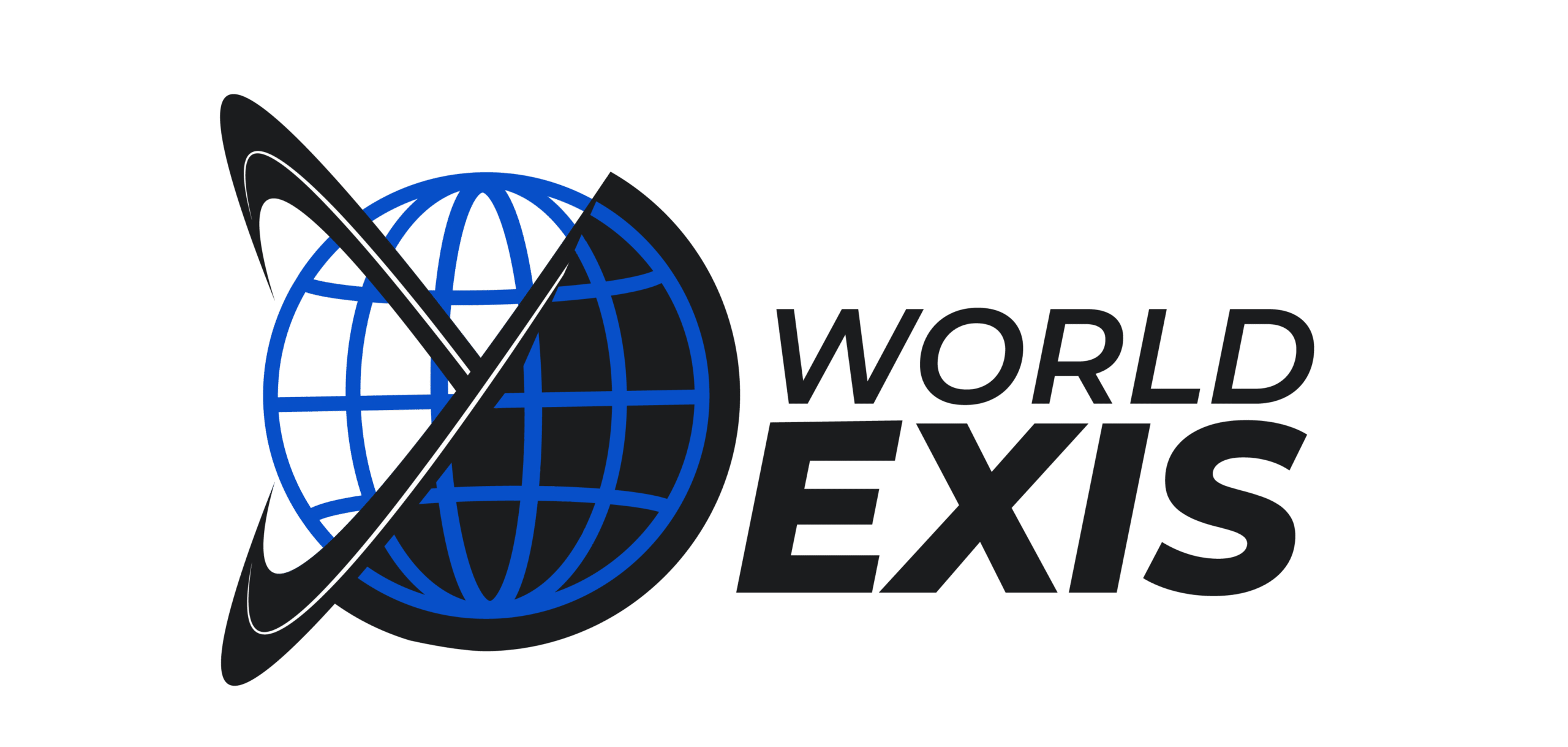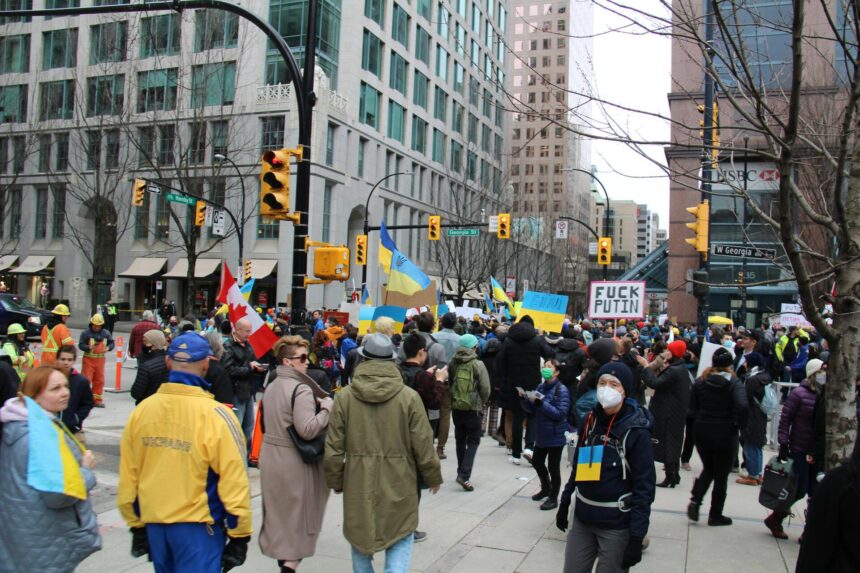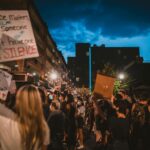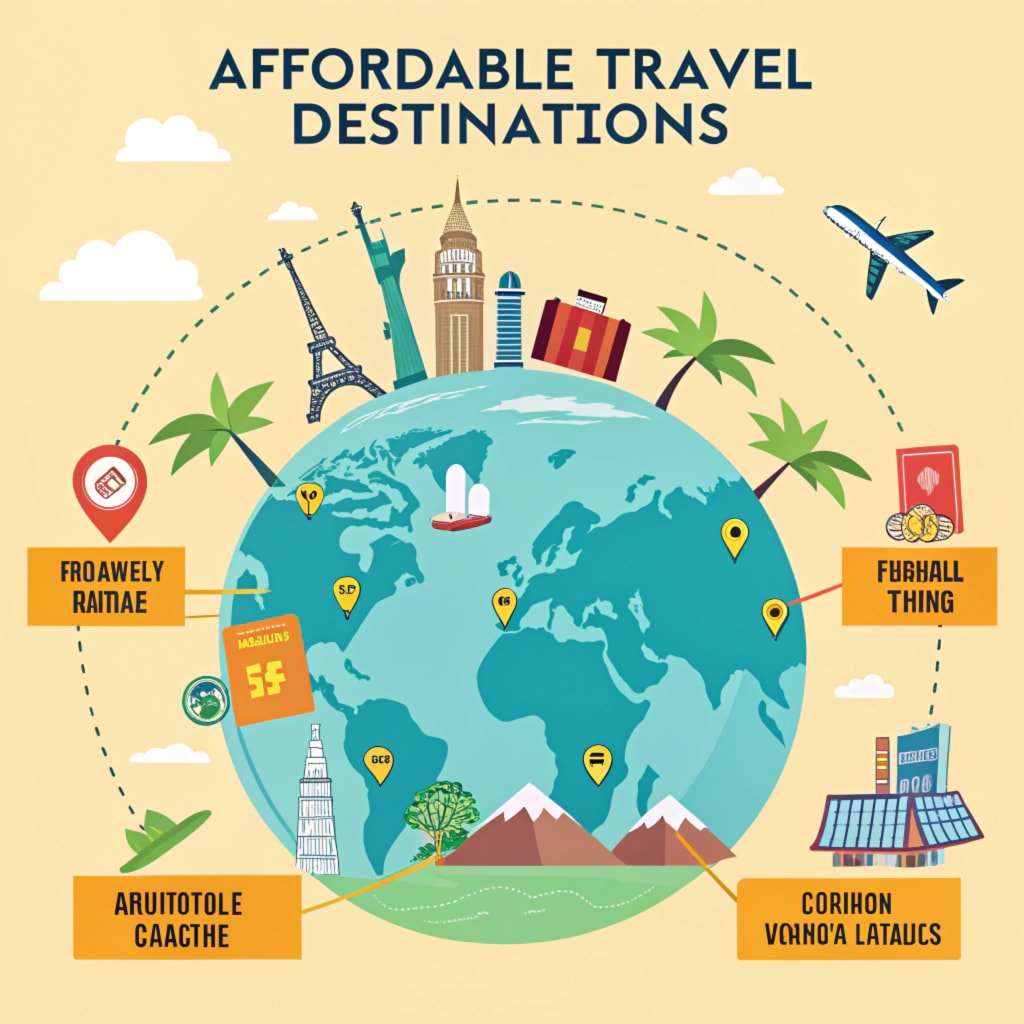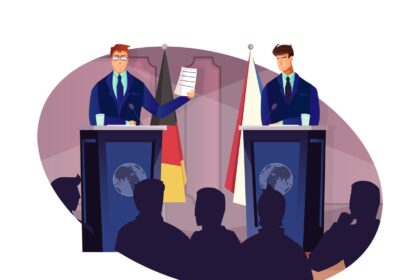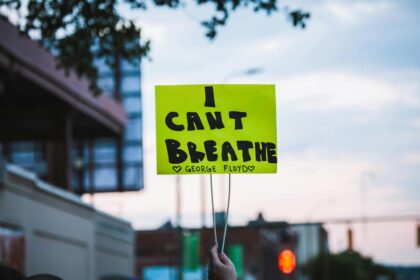Understanding how political dynamics and societal forces influence one another is essential for grasping how our world evolves. From institutions and policies to social movements and culture, this intersection reveals how societies are shaped, challenged, and transformed.
- 1. Political Sociology: Foundations of Power and Society
- 2. Culture, Identity & Political Discourse
- 3. Spatial Politics: Mapping Power Through Space
- 4. Cross-Class Coalition-Building: “Overlapping Politics”
- 5. Youth, Sociopolitical Engagement & Emotional Learning
- 6. Polarization and Political Discourse
- 7. Media, Social Movement & Political Influence
- 8. Inequality, Public Trust & Democratic Stability
- Summary Table
- Reddit Voices: Public Insight
- Final Thoughts
1. Political Sociology: Foundations of Power and Society
Political sociology examines how social identities and structures influence governance—and how political decisions, in turn, redefine societal norms. This interdisciplinary perspective helps explain political behavior, institutional developments, and societal change.
2. Culture, Identity & Political Discourse
Culture deeply influences political behavior. Media, popular culture, and social identities shape policy perceptions and civic participation. Studies show that combining political science with cultural studies offers rich insights into how power and social norms evolve.
3. Spatial Politics: Mapping Power Through Space
How societies are organized in physical and geographic terms reflects and reinforces political power. Urban planning, zoning laws, and infrastructure distribution are all expressions of political intent—and they significantly affect access, equity, and social dynamics.
4. Cross-Class Coalition-Building: “Overlapping Politics”
In urban Pakistan, activism linking informal settlement residents with middle-class allies forms what scholars call “overlapping politics.” This framework shows how political alliances can cross traditional class divisions in pursuit of shared goals—challenging assumptions about homogenous political identities.
5. Youth, Sociopolitical Engagement & Emotional Learning
Youth Participatory Action Research (YPAR) connects sociopolitical awareness with emotional and social learning. Evidence suggests that participating in civic projects enhances young people’s sense of agency, belonging, critical perspective, and societal engagement—all at once.
6. Polarization and Political Discourse
Across Western democracies, research shows a concerning rise in political incivility. Analyses of millions of tweets reveal that toxic rhetoric is notably higher among radical factions, especially on culture-war topics—eroding productive dialogue.
7. Media, Social Movement & Political Influence
Social media has transformed politics and collective action. Movements like #BlackLivesMatter and #MeToo leveraged these platforms to raise awareness, galvanize support, and challenge authority. Still, the same tools pose risks like misinformation and polarization.
8. Inequality, Public Trust & Democratic Stability
Public concern is growing over wealth concentration and its political repercussions. In the UK, nearly two-thirds believe the extremely wealthy wield too much political power—a distrust that threatens social cohesion, democratic institutions, and resilience against crises.
Summary Table
| Aspect | Societal Impact |
|---|---|
| Political Sociology | Illuminates how power and social structures intertwine |
| Culture & Politics | Media and identity shape political norms and engagement |
| Spatial Politics | Urban design reveals and reinforces power dynamics |
| Overlapping Politics | Cross-class alliances redefine political participation |
| Youth Sociopolitical Learning | Civic involvement enhances emotional intelligence and agency |
| Political Incivility | Rises in toxic discourse undermine democratic dialogue |
| Social Media Movements | Digital tools drive both activism and social fragmentation |
| Economic Inequality | Wealth disparities fuel political distrust and instability |
Reddit Voices: Public Insight
“Politics is society… politics always exists… Politics is the way in which societies organize and structure themselves.”
— A Reddit reflection highlighting that politics and society are inseparable.
Final Thoughts
Politics and society are entwined in a continuous feedback loop—policy shapes culture, and culture reshapes politics. To foster more equitable and resilient societies, we need to:
- Bridge class divides through inclusive activism
- Promote youth engagement that’s both civic and emotionally enriching
- Counter polarization through respectful, civic-minded discourse
- Address economic inequities to sustain democratic trust
